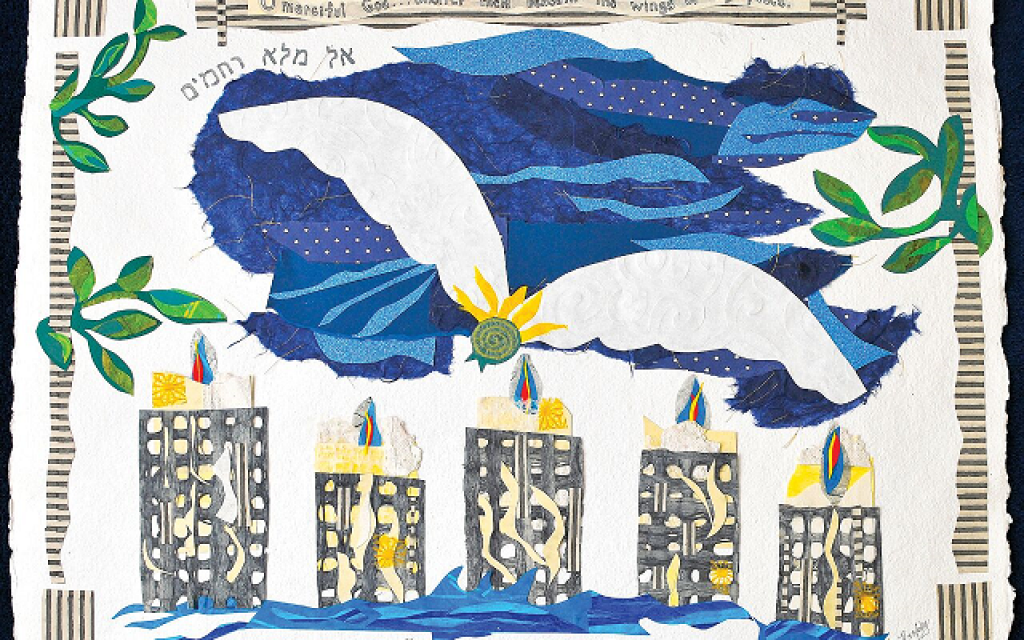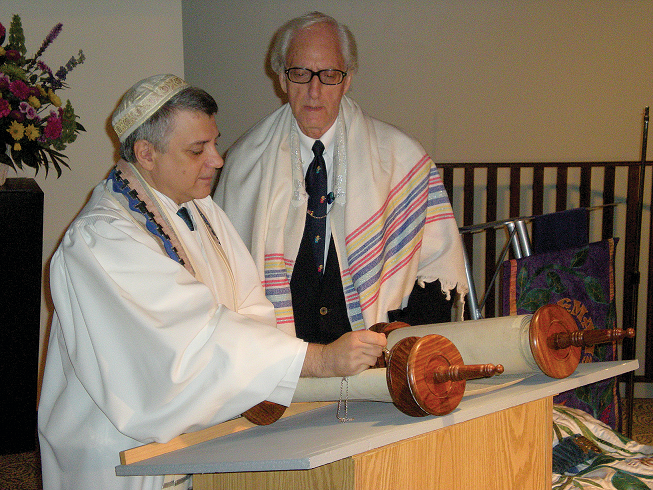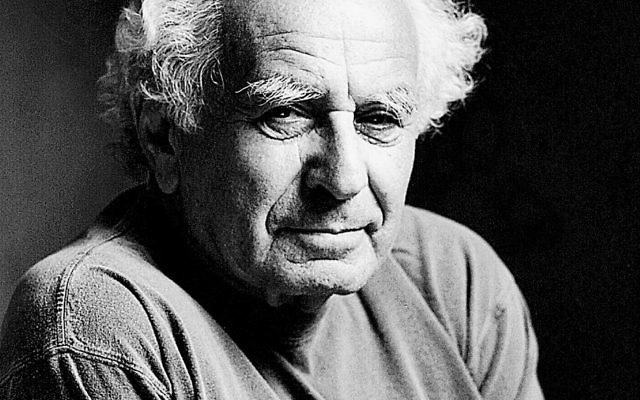Shema Yisrael is Still the Open Synagogue
For 20 years Shema Yisrael has provided Atlanta with a unique High Holidays experience.

When Shema Yisrael – The Open Synagogue held its first high holiday services almost 20 years ago, they were held in the Atlanta Civic Center auditorium, a vast performance space, seating 4,500 with a theater stage to match.
It was a wildly ambitious start with an even more ambitious mission, to help break down some of the barriers that existed then in the community and open the holiday services to the largest possible attendance of worshipers.
Among its founding principles was that there would be no dues and no membership requirements and that it was to be a synagogue embracing all that is Jewish, without much regard to the denominational lines that separate, then, as now, in organized Judaism in this country.
Get The AJT Newsletter by email and never miss our top stories Free Sign Up
For most of those 20 years, Unity Atlanta Church in Peachtree Corners has hosted Shema Yisrael for its high holidays. For the 10 days of the holiday, the synagogue moves its ark, two Torahs, and hundreds of its prayer books, and holds services in the facility’s main sanctuary.

The long-standing partnership shows the commitment the Unity movement in America has to promoting interfaith outreach and understanding. In its principles, it stresses that G-d is not a physical man in the sky, rather it invites people to explore inspirational ideas that will lead to a deeper, more fulfilling understanding of the Divine.
Strongly endorsing this idea is Eugen Schoenfeld, the synagogue’s resident wise man and AJT contributor known for his talks as a Holocaust survivor.
“I fervently believe that the essence of the high holidays is the importance of telling all people, bar none, that everyone is responsible for peace, that there is accountability to improve the world.”
Schoenfeld maintains that the notion that G-d has handed off a world in need of repair is central to the ideas that confront us on the high holidays.
“G-d has given two tasks for mankind: to complete and perfect the world and to complete and perfect himself. You can either ask G-d for more things, for more wealth, for more life, or you can ask Him for understanding, the knowledge to improve ourselves.”
The most important aspect of the coming holidays, he maintains, is not in the pleading before a G-d sitting in judgment, but in the coming together in the synagogue as a sacred community
“It is, perhaps, that the prayers are less important than the fact that the words of the prayers unite us with the generations of the past. Where does it make more sense than to have that feeling in a synagogue, the sense of historical community, the klal yisrael, the historical Jewish collective?”

Schoenfeld lost his mother, brother and sister along with many close relatives in the Nazi genocide, so he has a deep appreciation for the sense of community that the holidays bring. It’s reflected not only in his extensive knowledge of traditional Judaism during his long life, but in the unique modern sensibility he has cultivated.
“I go to the services, and I suggest that many go, to feel that they are not alone in our Jewish world. We are all seeking belonging,” he said. “There is this yearning to be a part of that golden chain of Jewish history.”
The changing view on high holiday observance is perhaps part of a broader American movement to decide individually what constitutes meaningful religious or spiritual experience.
Picking and choosing from a variety of ideas and practices is particularly important for older, liberal Jews. The trend even has a name. The Swedish sociologist, Lars Tornstam, who has studied how religious practice changes as we age, called it “gerotranscendence.” As we mature, we become less materialistic, he discovered, and more connected to others.
That connection still survives at The Open Synagogue, even though the place where it was born, the Atlanta Civic Center auditorium, is just a memory today.
Bob Bahr leads high holiday services at Shema Yisrael at Unity Atlanta Church in Peachtree Corners and for the residents at Sunrise at Huntcliff Summit in Sandy Springs. For more information, go to www.shemaweb.org.



comments